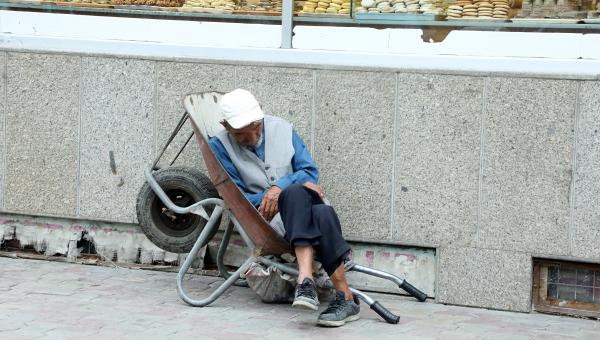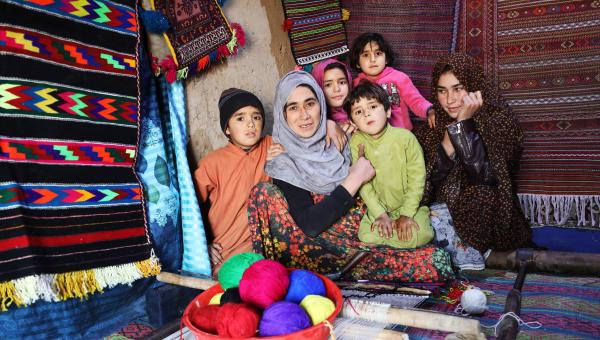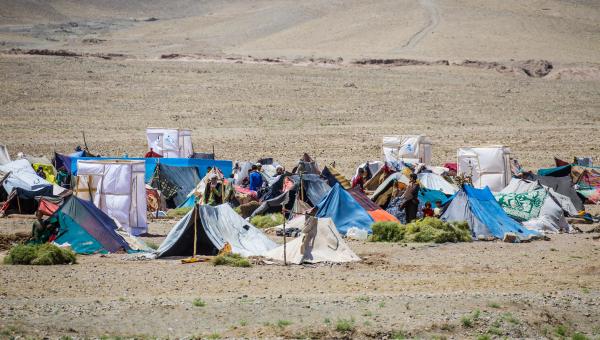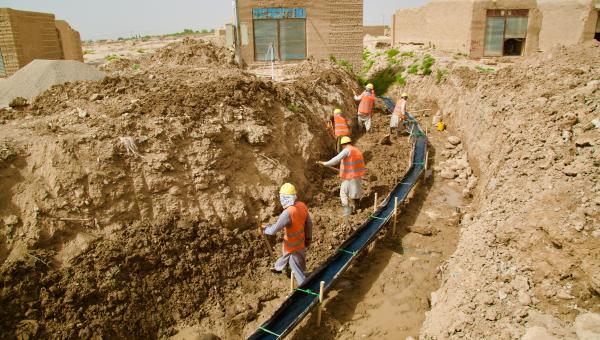Community-based Agriculture and Rural Development (CBARD)
Overview
Provide background information about the project and the challenges.
The Community-Based Agriculture and Rural Development - Access to Licit Livelihoods (CBARD-ALL) project introduces and strengthens local production and marketing of traditional high-value crops in 37 high opium producing districts of Nangarhar, Laghman, Badghis, Farah, Balkh, and Kandahar.
By supporting smallholder producers, the project enhances livelihoods and incomes throughout the agricultural value chain. This includes providing farming inputs, offering advisory support and extension services through farmer field schools, building capacities through training on a variety of topics to improve the productivity of smallholder producers, establishment of community agrobusiness infrastructure, local value addition and market linkages. Following the project board decision in May 2023, CBARD-ALL is a merger of CBARD-West (Nov 2016), CBARD-East (Jan 2018), CBARD-AIM (Oct 2019), and CBARD-ALL, initiated in August 2020.
The consolidated CBARD-ALL project became effective on 1 July 2023 with an anticipated end to project implementation on 31 December 2026.
Recognizing the importance of off-farm employment, the CBARD-ALL project actively supports innovative enterprise development. Implemented directly by UNDP Afghanistan Country Office in collaboration with a partner I-NGO through a Responsible Party Agreement (RPA), the project coordinates with UNODC (Opium Production Monitoring Agent) for socio-economic evaluations in targeted communities.
Objectives
CBARD-ALL aims to create sustainable and decent livelihood opportunities by implementing high-value agricultural interventions, offering a viable alternative to illicit crop cultivation. The project targets the reduction of opium cultivation, with a direct positive impact on over 350,000 beneficiaries in six key provinces known for high cultivation rates: Badghis, Balkh, Farah, Kandahar, Laghman, and Nangarhar.
Major Achievements
- Supported 38,615 farming households through
- 2,812.8 ha of orchards and grape trellises established
- 776 Commercial greenhouses established
- 515 Micro greenhouses
- 5,527 ha of land irrigated with 92 irrigation structures established
- 16,675 people trained (14,909 male and 1,766 female)
- 2,263 value addition kits and 1,986 horticulture toolkits
- 180 beekeeping packages distributed
- 35 raisin houses constructed
- 10 cool storage units established
- 91 compost units established
- 230 kitchen gardens established
Related Materials
Impact
Relevant Content

 Locations
Locations





